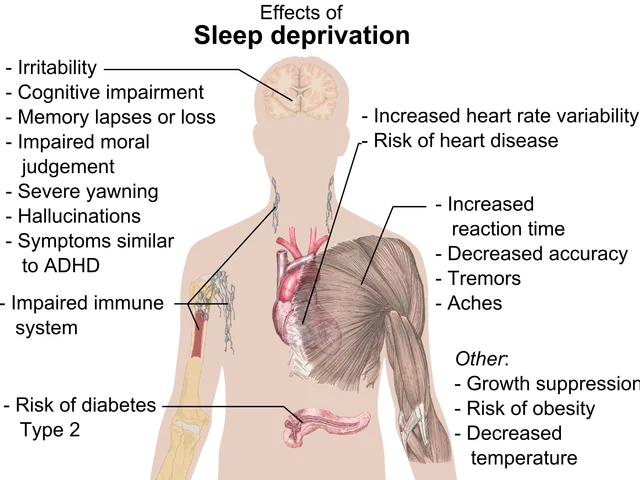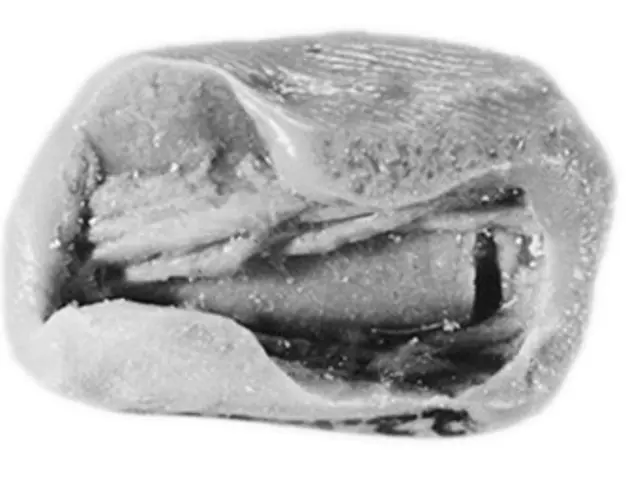Dietary guidelines for relieving constipation: Foods to consume and additional tips
A diet plan for constipation can significantly improve symptoms, making bowel movements smoother and easier. According to scientific research, the best approach focuses on increasing dietary fiber intake and ensuring adequate hydration.
Key Dietary Components
High-Fiber Foods
Fiber plays a crucial role in making bowel movements easier by adding bulk and stimulating digestive muscles. The recommended daily fiber intake varies, with adults aiming for 22 to 34 grams, depending on age and sex. Good sources of fiber include:
- Fruits, such as apples, pears, prunes, and kiwis, which contain natural sugars, sorbitol, polyphenols, and enzymes that promote bowel movements.
- Vegetables, including peas, beans, lentils, especially with skins left on.
- Legumes like beans and chickpeas.
- Whole grains, such as whole wheat pasta, whole wheat bread, oatmeal, granola, and high-fiber cereals.
- Nuts and seeds, with age-appropriate precautions for children.
Fluids
Adequate hydration is essential for fiber to work efficiently. It softens stool, making it easier to pass. Aim to drink at least around 64 ounces (about 2 liters) of water, fruit juices sweetened naturally, clear soups, coffee, and tea daily.
Plant-Based Mediterranean-style Diets
Dietary patterns emphasizing plant-based foods and healthy fats are associated with a reduced risk of constipation. Vegetables and nuts are particularly beneficial components of these diets.
Probiotics
Certain strains like Clostridium butyricum and Akkermansia may improve gut health, strengthen the intestinal lining, and promote regular bowel movements by producing butyrate, a short-chain fatty acid that nourishes colon cells.
Additional Advice
- Increase fiber intake gradually to avoid discomfort.
- Avoid highly processed foods, excessive dairy, meats, and foods low in fiber, as they can worsen constipation.
- Some fruits like prunes uniquely combine fiber, sorbitol, and polyphenols that stimulate bowel movements more effectively.
A balanced diet rich in fiber, water, and other fluids can help relieve symptoms of constipation. It may also improve gut motility, maintain gut microbiota health, and potentially prevent the risk of colorectal cancer. If constipation persists or if you have a family history of rectal or colon cancer, it's essential to consult a healthcare professional.
- Fiber, found in high-fiber foods such as fruits, vegetables, legumes, whole grains, nuts, and seeds, can make bowel movements easier by adding bulk and stimulating digestive muscles.
- A balanced diet rich in fiber, water, and other fluids can improve gut motility, maintain gut microbiota health, and potentially prevent the risk of colorectal cancer.
- Certain strains of probiotics, like Clostridium butyricum and Akkermansia, may strengthen the intestinal lining, promote regular bowel movements, and improve gut health.
- Plant-based Mediterranean-style diets, with a focus on plant-based foods and healthy fats, are associated with a reduced risk of constipation.






